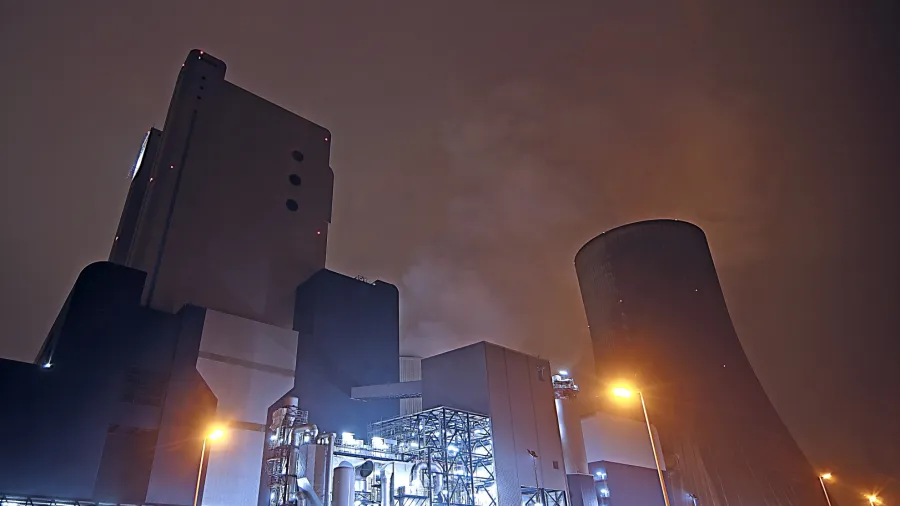
G7 calls for faster fossil fuel phase-out, but sets no deadline
The G7’s push for faster decarbonisation includes ending subsidies for coal power, and supporting cleaner energy technologies.
Energy took center stage as leaders of the world’s most influential economies gathered in Japan last May for the annual Group of 7 (G7) summit. With a shared recognition of the pressing global challenges, the G7 Hiroshima Communique reaffirmed commitments to accelerating renewables deployment and phasing out fossil fuels; but failed to set a definitive timeline.
Under the Communique, G7 economies — Canada, France, Italy, Germany, the United States, the United Kingdom, and Japan — committed to “significantly” accelerating the deployment of renewable energy (RE) and the development of new technologies. These are particularly “real and urgent” needs amidst threats to energy security stemming from the Russian-led conflict against Ukraine.
Fossil fuel phase-out
The G7 also sought to prioritise the faster phase-out of domestic unabated coal power generation to decarbonise the energy sector by 2035. So far, the G7 has ended new direct government support for unabated international thermal coal power in 2021. It also plans to end inefficient fossil fuel subsidies by 2025 or sooner.
“It is necessary to accelerate the phase-out of our dependency on Russian energy, including through energy savings and gas demand reduction, in a manner consistent with our Paris commitments, and address the global impact of Russia’s war on energy supplies, gas prices, and inflation, and people’s lives, recognizing the primary need to accelerate the clean energy transition,” the Communique read in part.
In line with reducing dependence on Russian energy, the G7 views investments in the gas sector as a temporary but “appropriate” solution. However, to address the larger issue at hand, the G7 economies needed to confront their own contributions to global emissions.
According to the energy think tank Ember, G7 economies collectively accounted for 21% of emissions in the energy sector in 2022. While commendable progress had been made in reducing electricity generation from coal, with a 35% decrease since 2015, these leading economies still relied heavily on gas as a source of energy. Current data indicated that the G7 was responsible for a staggering 40% of electricity generated from fossil gas in 2022.
Recognizing the urgency of the climate crisis, the G7 set a target to achieve 100% clean electricity generation by 2035. Among the seven nations, France led the way with the highest share of clean electricity at 87.8%, closely followed by Canada at 82.6%, the UK at 56.3%, and Germany at 49.2%. On the other end of the spectrum, the United States stood at 40.5%, Italy at 36.4%, and Japan at 29%, highlighting the need for greater progress in these countries.
Japan also recorded the highest share of electricity sourced from coal (32.9%), and the highest emissions intensity.
The Communique noted targets to expand renewables and bring down costs by increasing capacity, including through collectively raising offshore wind capacity to 150 gigawatts by 2030 and solar photovoltaic capacity to more than 1 terawatt.
No deadline
Despite the stronger push for a faster energy transition, the G7 did not set a deadline for phasing out fossil fuels.
Dave Jones, Global Insights Lead at Ember, said the lack of a deadline was not concerning to him even as the G7 could have done more to advance progress in articulating coal phase-out.
“It doesn’t worry me too much because part of the way that a coal phase-out is going to happen is through more investment in clean energy, and clean electricity to take over from coal and gas power,” Jones told Asian Power.
“What I really welcome is a real focus on its ambitions for rolling out clean power, specifically, the targets on solar, the targets on offshore wind, which really put a focus on the solution rather than on the problem,” he said.
In the view of the International Energy Advisory Council (IEAC), the absence of a phase-out deadline and the investment support for gas expansion being driven by “vested interest.”
“Whilst countries will take whatever action they think that they need to take for energy security reasons it is incumbent on the G7 economies to take the lead, at least in their own countries and countries they may financially support: to phase out coal, both abated and unabated, and cease or limit investments in fossil gas and to increase investments in renewable energy and green fuels,” IEAC President and Chair Allan Jones told Asian Power.
He said this may lead to the continued growth of coal and fossil gas that could counter Asia’s long-term climate and energy security interests.
Clean energy technologies
The IEAC’s Jones told Asian Power that clean energy technologies, such as carbon capture and storage, is “illusory” as it only gives an excuse for more investments in “CCS ready” coal and fossil gas.
The deployment of nuclear energy, meanwhile, requires a lengthy process and substantial cost. This is all on top of the environmental risks that come with nuclear energy.
He raised these two in reference to provisions, under the Communique, that noted the G7’s support for the inclusion of carbon capture, utilisation and storage, and other carbon recycling technologies, in decarbonisation plans, as well as nuclear energy deployment.
“It is very important for the G7 economies to pledge stronger commitments to take action against fossil fuels,” Jones said.
One such action is stronger support for green ammonia projects, which countries like Saudi Arabia, Kazakhstan, and Australia have started to explore. He noted that ammonia is the second most widely produced commodity chemical globally, with an annual production of 180 million tonnes.
“Ammonia is mostly made from fossil gas feedstock which is more expensive than green ammonia (via renewable electricity electrolysis) which impacts the cost of food,” he said.
“It is such examples in Asia and elsewhere around the world that the G7 economies should be promoting with much stronger commitments against fossil fuels.”

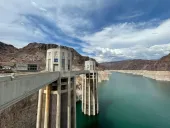
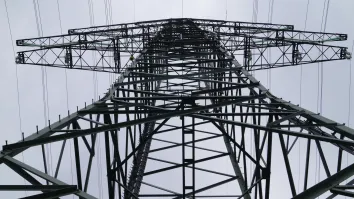
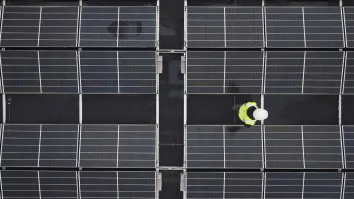
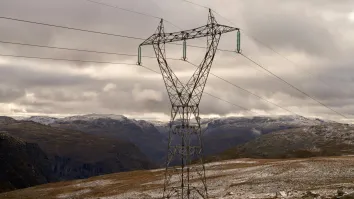
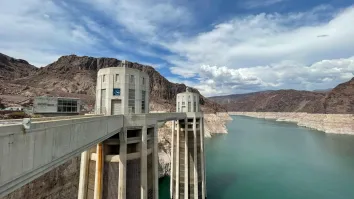
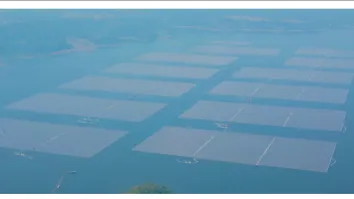
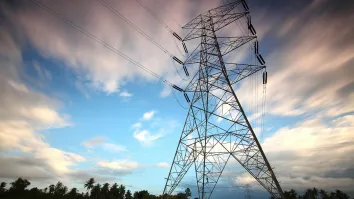
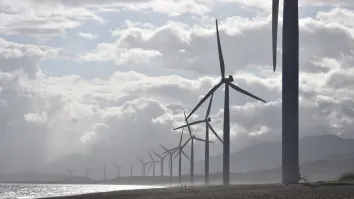

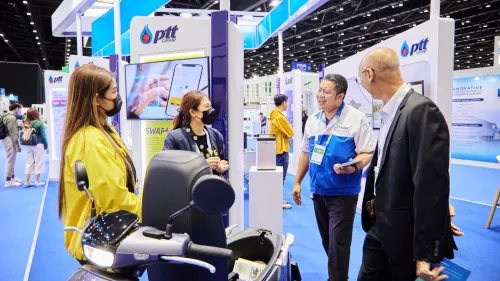
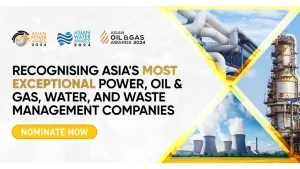
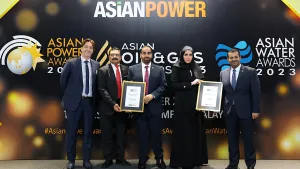
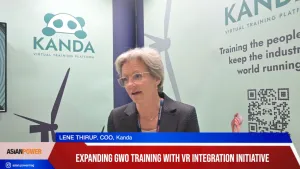





 Advertise
Advertise






